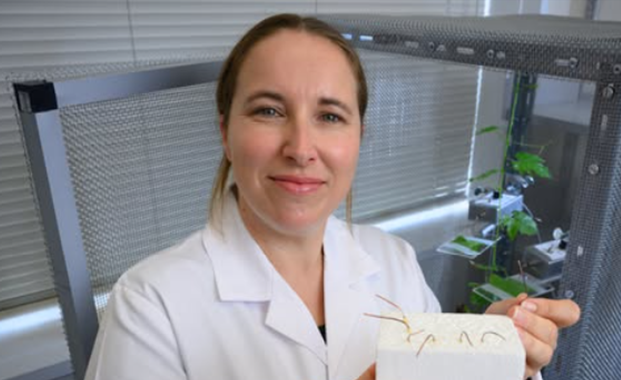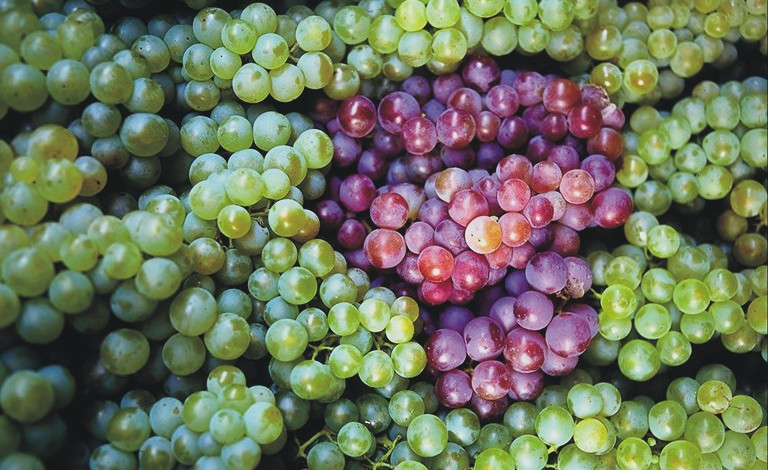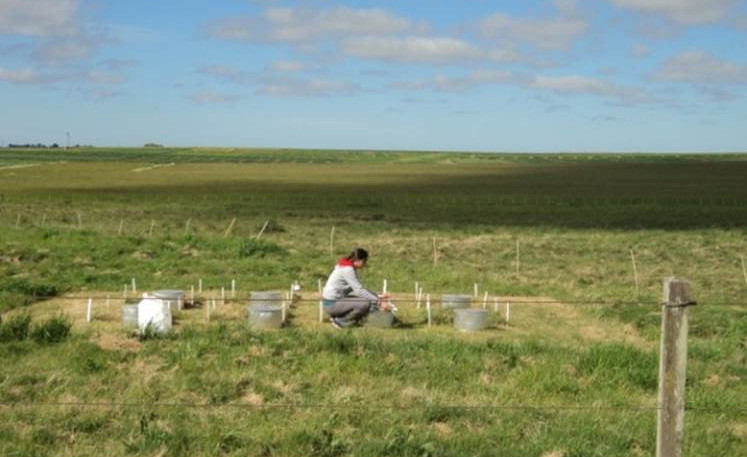Afternoon grazing better for production, the environment and wellbeing
11 October 2022 | News
A simple change in the timing of pasture allocation can be a winning formula for production, environmental impacts and animal wellbeing, new research has found.
A study by Lincoln University Livestock Production Professor Pablo Gregorini and Italian colleagues shows that timing a dairy ewe’s pasture meal in the afternoon favourably affects the rumen fermentation pattern, energy metabolism and endocrine profile.
"In previous studies from our laboratories in New Zealand and Italy, beef cattle, lactating dairy cows and ewes that were allocated to pasture for four hours in the afternoon showed greater grazing intensity, herbage intake and milk or meat yield than animals grazing for the same length of time but in the morning," Prof Gregorini said.
"The studies also showed that animals allocated to the new pasture in the afternoon utilise N better and consequently excrete less urinary N.
"Those findings led to this new research, which explores how the rumen and blood metabolites and stress-related hormones of milked sheep are affected when they graze in the morning or afternoon."
Dairy ewes that grazed in the afternoon showed better performance, with a greater supply of nutrients from rumen to the animals. Plasma profiles of insulin supported afternoon grazing as well.
The ewes also had a marked drop of plasma ghrelin and cortisol levels, indicating greater levels of satiety and a reduction in stress respectively, both suggesting an enhancement of animal wellbeing.
Prof Gregorini said the concept of timing access to pasture was not new and had gained attention in the past two decades. Research shows that simply matching the natural animal grazing pattern to diurnal changes of plant nutritive values has a positive effect of milk and meat production while reducing environmental impact.
"These new findings present farmers with a really easy tool to reduce the environmental impact of their practices while increasing production and enhancing animal wellbeing.
"Who would drink milk from animals that feel hungry or stressed? Do you fancy a glass of cortisol?" Professor Gregorini said.


